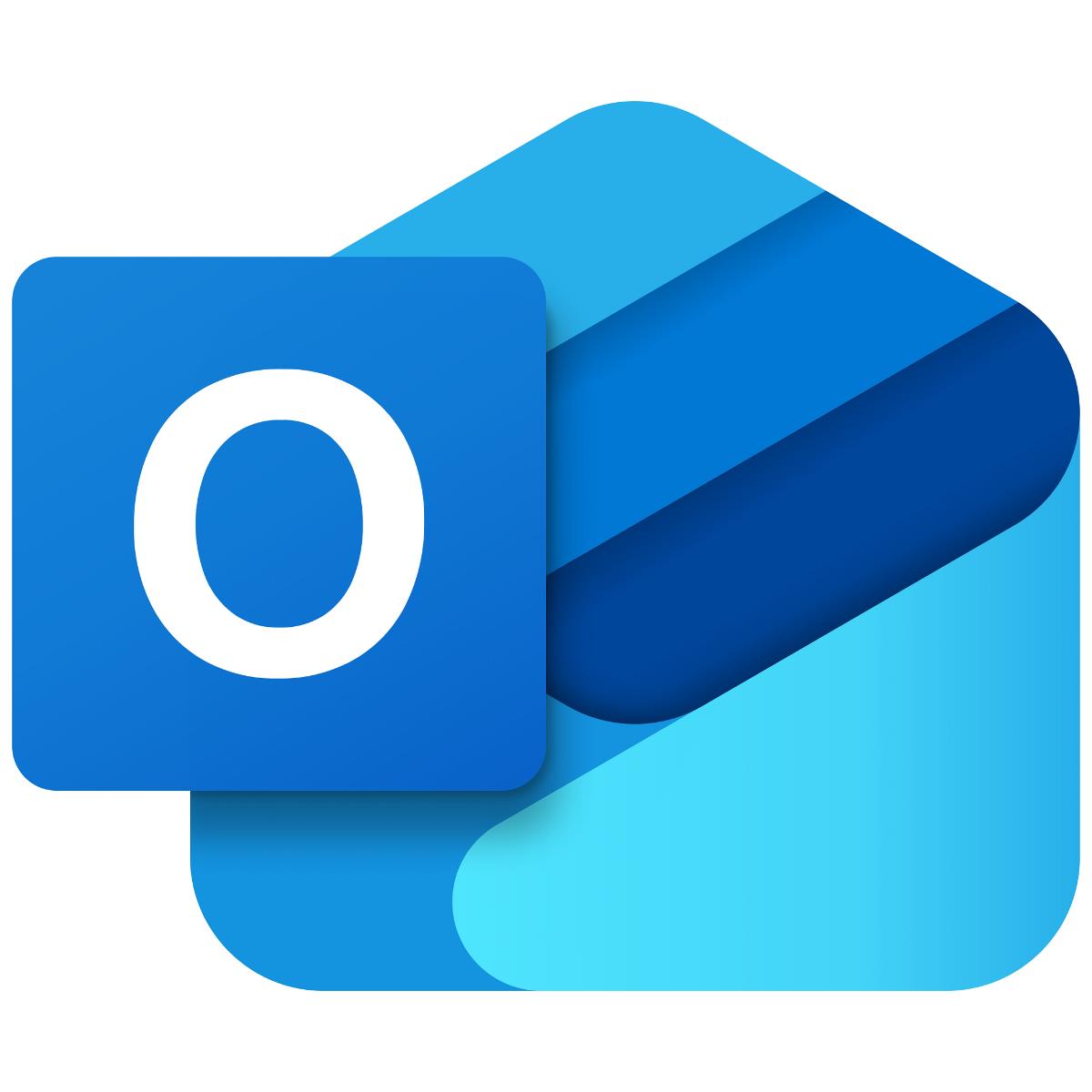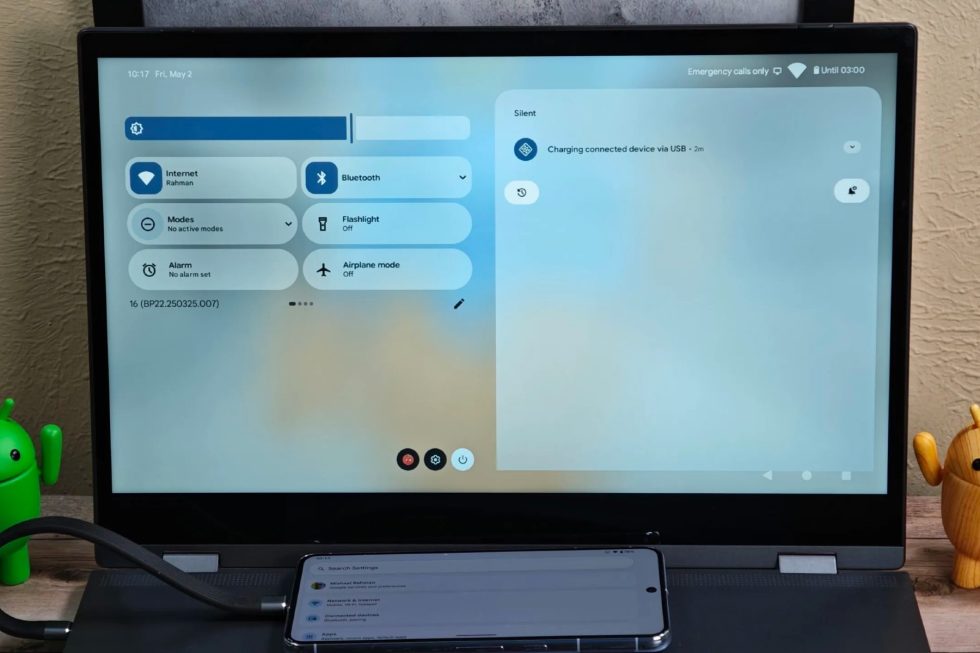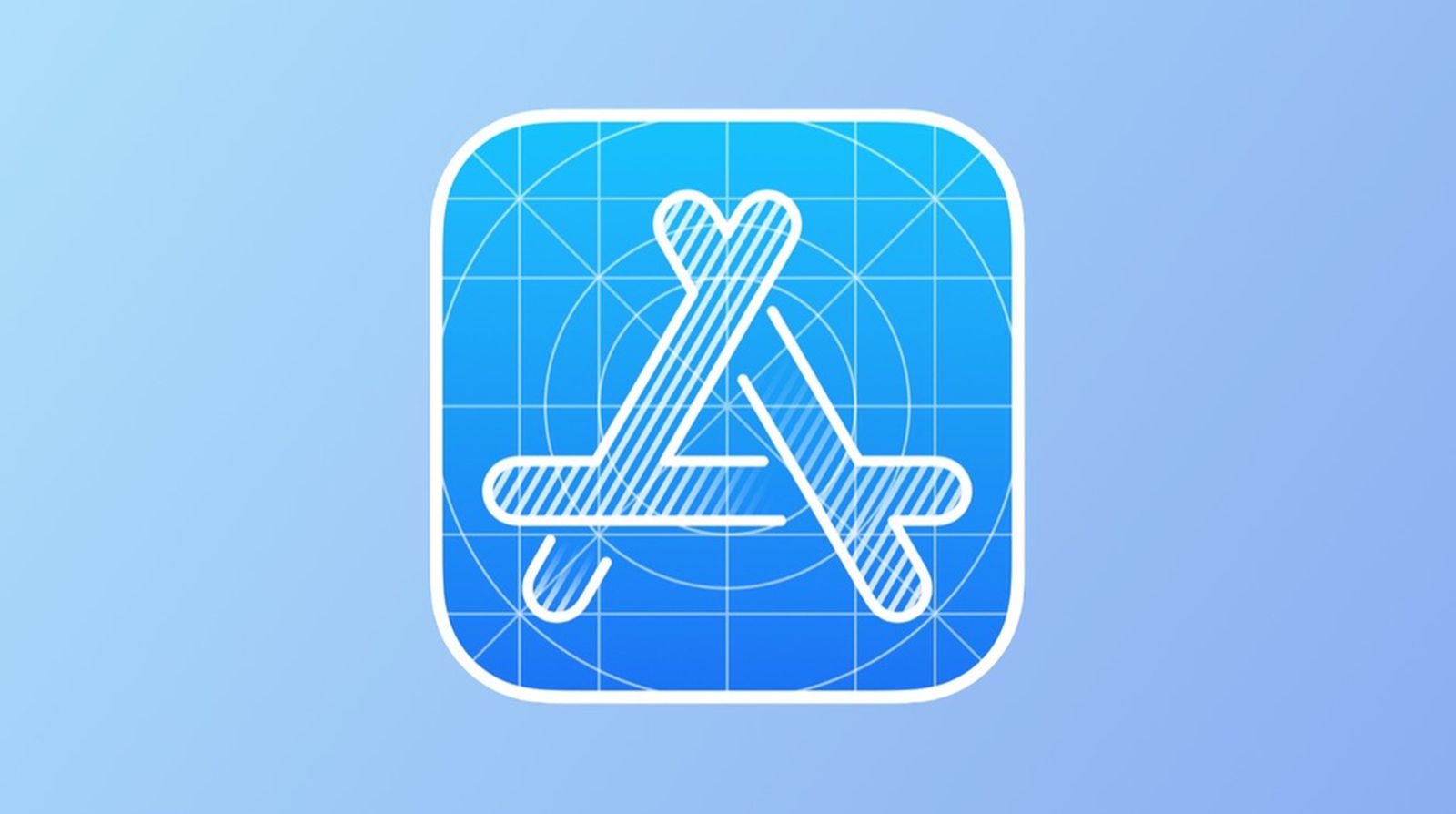Open Source Developer Compensation Plans: Navigating Rewards in Collaborative Code
Abstract This post explores the evolution and intricacies of open source developer compensation. We delve into historical context, core concepts such as direct sponsorship, bounty programs, grants, corporate backing, crowdfunding, and emerging blockchain and NFT models. We discuss real-world use cases, technical challenges, and future trends in funding open source projects. Integrating insights from platforms like GitHub Sponsors, Patreon, and Open Collective, as well as the revolutionary blockchain integration highlighted in this article, we present a comprehensive guide to sustainable funding in today’s collaborative tech ecosystem. Introduction Open source has evolved from a niche hobby to a multi-billion-dollar ecosystem critical for modern innovation. Today, developers worldwide contribute code that powers cloud infrastructure, blockchain, and even NFT projects. However, this collaborative spirit raises a fundamental question: How do we compensate these talented contributors fairly and sustainably? This article discusses various open source developer compensation models and explores how transparency, community input, and advanced technologies like blockchain and NFTs are shaping new funding strategies. In doing so, we aim to deliver insights that benefit both technical experts and newcomers interested in maintaining and enhancing the open source ecosystem. Background and Context History of Open Source Funding Open source began as a grassroots effort where developers shared code out of passion and curiosity. Initially, code sharing was built around volunteerism with little expectation of financial reward. As open source projects like Linux and Apache grew in importance, they became indispensable to governments, corporations, and the global tech community. The evolution of open source funding can be broadly categorized into three eras: Grassroots Collaboration: Developers contributed code without formal compensation. This era, while fostering immense innovation, also led to issues like burnout and project abandonment. Corporate and Professional Involvement: Businesses began sponsoring open source projects as a way to ensure stability and leverage community innovation. This phase gave rise to formal corporate sponsorship models where companies like Google and Microsoft started to create full-time roles for developers. Modern Monetization and Blockchain Integration: The recent era sees a blend of traditional funding models with emerging technologies such as blockchain and NFTs. Tokenized compensation, transparent smart contracts, and decentralized governance tools (e.g., DAOs) are now being employed to create sustainable ecosystems. Defining the Ecosystem The modern open source ecosystem is multifaceted, balancing the need for free software with financial sustainability. Initiatives like the Mozilla Open Source Support Program and platforms such as GitHub Sponsors have shown that profit and freedom can coexist in open source. Legal frameworks like the GPL, MIT, and Apache licenses continue to protect these projects, while innovative funding channels offer life cycles where technical innovation, community engagement, and financial backing align. Core Concepts and Features The compensation models for open source developers are diverse and interconnected. Here, we detail each major model and discuss their key features and common overlaps. 1. Direct Sponsorship and Bounty Programs Direct Sponsorship: Platforms like GitHub Sponsors and Patreon let individuals and corporations fund developers through recurring or one-time payments. This direct support helps maintainers focus on their code without worrying about their next paycheck. Bounty Programs: Bounty platforms reward developers for specific work such as fixing bugs or introducing new features. Transparent milestones and automated payout systems ensure accountability and fair compensation. For further reading, check out the discussion on open source developer compensation models. 2. Grants and Fellowships Grant Programs: Several government agencies, non-profit organizations, and research institutions offer grants to fund projects that are deemed crucial for the open source community. For instance, institutions provide both financial backing and resources needed to complete substantial projects. Fellowships: Fellowship programs empower developers with extended financial support, enabling them to focus on innovative work without the pressures of commercial deadlines. This backing is particularly important for nascent projects requiring deep technical research. 3. Corporate Backing and Integration Full-Time Roles: Corporations integrate open source into their business strategies, often employing developers full time to work on projects that underpin their products. This model provides consistent funding and stability. Integrated Sponsorships: In t
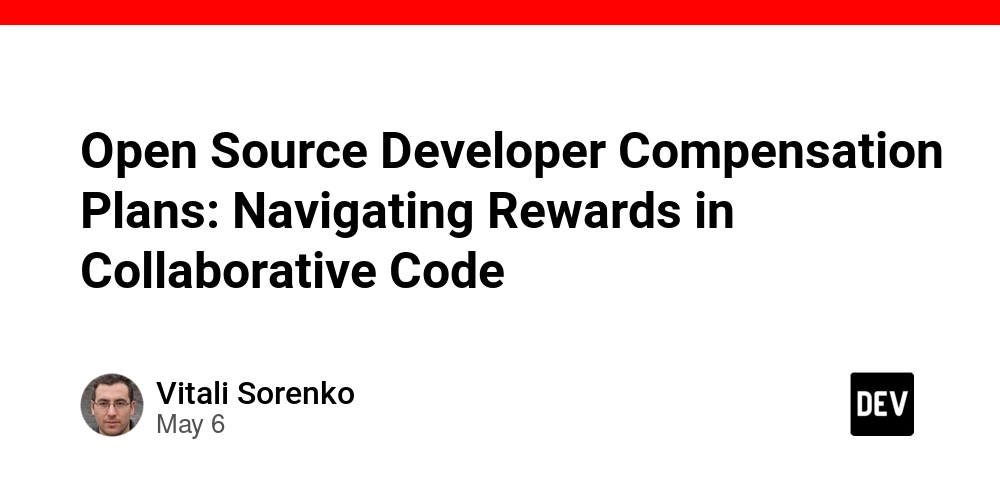
Abstract
This post explores the evolution and intricacies of open source developer compensation. We delve into historical context, core concepts such as direct sponsorship, bounty programs, grants, corporate backing, crowdfunding, and emerging blockchain and NFT models. We discuss real-world use cases, technical challenges, and future trends in funding open source projects. Integrating insights from platforms like GitHub Sponsors, Patreon, and Open Collective, as well as the revolutionary blockchain integration highlighted in this article, we present a comprehensive guide to sustainable funding in today’s collaborative tech ecosystem.
Introduction
Open source has evolved from a niche hobby to a multi-billion-dollar ecosystem critical for modern innovation. Today, developers worldwide contribute code that powers cloud infrastructure, blockchain, and even NFT projects. However, this collaborative spirit raises a fundamental question: How do we compensate these talented contributors fairly and sustainably? This article discusses various open source developer compensation models and explores how transparency, community input, and advanced technologies like blockchain and NFTs are shaping new funding strategies. In doing so, we aim to deliver insights that benefit both technical experts and newcomers interested in maintaining and enhancing the open source ecosystem.
Background and Context
History of Open Source Funding
Open source began as a grassroots effort where developers shared code out of passion and curiosity. Initially, code sharing was built around volunteerism with little expectation of financial reward. As open source projects like Linux and Apache grew in importance, they became indispensable to governments, corporations, and the global tech community.
The evolution of open source funding can be broadly categorized into three eras:
- Grassroots Collaboration: Developers contributed code without formal compensation. This era, while fostering immense innovation, also led to issues like burnout and project abandonment.
- Corporate and Professional Involvement: Businesses began sponsoring open source projects as a way to ensure stability and leverage community innovation. This phase gave rise to formal corporate sponsorship models where companies like Google and Microsoft started to create full-time roles for developers.
- Modern Monetization and Blockchain Integration: The recent era sees a blend of traditional funding models with emerging technologies such as blockchain and NFTs. Tokenized compensation, transparent smart contracts, and decentralized governance tools (e.g., DAOs) are now being employed to create sustainable ecosystems.
Defining the Ecosystem
The modern open source ecosystem is multifaceted, balancing the need for free software with financial sustainability. Initiatives like the Mozilla Open Source Support Program and platforms such as GitHub Sponsors have shown that profit and freedom can coexist in open source. Legal frameworks like the GPL, MIT, and Apache licenses continue to protect these projects, while innovative funding channels offer life cycles where technical innovation, community engagement, and financial backing align.
Core Concepts and Features
The compensation models for open source developers are diverse and interconnected. Here, we detail each major model and discuss their key features and common overlaps.
1. Direct Sponsorship and Bounty Programs
Direct Sponsorship:
Platforms like GitHub Sponsors and Patreon let individuals and corporations fund developers through recurring or one-time payments. This direct support helps maintainers focus on their code without worrying about their next paycheck.Bounty Programs:
Bounty platforms reward developers for specific work such as fixing bugs or introducing new features. Transparent milestones and automated payout systems ensure accountability and fair compensation. For further reading, check out the discussion on open source developer compensation models.
2. Grants and Fellowships
Grant Programs:
Several government agencies, non-profit organizations, and research institutions offer grants to fund projects that are deemed crucial for the open source community. For instance, institutions provide both financial backing and resources needed to complete substantial projects.Fellowships:
Fellowship programs empower developers with extended financial support, enabling them to focus on innovative work without the pressures of commercial deadlines. This backing is particularly important for nascent projects requiring deep technical research.
3. Corporate Backing and Integration
Full-Time Roles:
Corporations integrate open source into their business strategies, often employing developers full time to work on projects that underpin their products. This model provides consistent funding and stability.Integrated Sponsorships:
In this model, companies allow employees to spend a portion of their work hours on community projects. This strategy roots corporate sponsorship in a broader community vision, emphasizing fairness and sustainability. More details can be found in the article on corporate sponsorship models.
4. Crowdfunding and Community Contributions
Crowdfunding has emerged as a viable model for funding open source projects, driven by the democratic nature of community support.
Crowdfunding Platforms:
Websites like Open Collective allow community members to pool funds, ensuring transparency in the way money is allocated.Community-Driven Initiatives:
The open nature of these platforms lets community members voice their opinions, driving accountability and fostering innovation without dependence on a single funding source.
5. Blockchain and NFT Integration
The advent of blockchain technology introduces tokenization and decentralization to developer funding. Blockchain integration provides a transparent, immutable ledger for transactions while allowing developers to receive tokens, shares, or NFTs that appreciate in value as projects grow.
Smart Contracts:
These enable automated, milestone-based payments, minimizing administrative overhead and ensuring trust.NFT Rewards:
Non-Fungible Tokens (NFTs) represent unique digital ownership—granting both recognition and potential equity in projects. For instance, innovative projects such as The Giving Block NFT Collection are exploring how tokenized rewards can reshape compensation.
Overlapping Features
Despite the diversity of models, there are several overlapping principles:
- Transparency: Whether through blockchain or detailed dashboards, transparent tracking of contributions is critical.
- Sustainability: Balancing free and open collaboration with financial sustainability ensures long-run project viability.
- Community Engagement: Successful models always place community involvement at the forefront.
- Legal Considerations: Using licenses (e.g., MIT, GPL, Apache) to protect both code and contributor rights is essential.
Below is a table summarizing the major compensation models:
| Model | Key Features | Examples/Platforms |
|---|---|---|
| Direct Sponsorship | Recurring/one-time payments; individual and corporate backing | GitHub Sponsors, Patreon |
| Bounty Programs | Task-based rewards; transparent milestones | Various bounty platforms |
| Grants and Fellowships | Substantial funds; institutional and governmental support | Mozilla OSS Support |
| Corporate Backing | Full-time developer roles; strategic business integration | Corporate initiatives; Corporate Sponsorship Models |
| Crowdfunding | Community-driven; democratic voting on fund allocation | Open Collective |
| Blockchain & NFT Integration | Tokenized rewards; smart contracts; decentralized governance | NFT-based projects; blockchain-based initiatives |
Applications and Use Cases
Real-world examples illustrate the effectiveness and challenges of these compensation models.
Case Study 1: Corporate Sponsorship with Integrated Developer Roles
Large corporations, such as Google and Microsoft, have fully integrated open source into their business models by sponsoring projects with dedicated teams. For instance:
- Dedicated Teams: Engineers working full time on projects like Kubernetes or TensorFlow are compensated through corporate salaries.
- Hybrid Contributions: Employees may dedicate a portion of their work hours to contribute to broader community projects. This not only raises product quality but also boosts community trust.
The corporate sponsorship models article provides more insights into how these models ensure both quality and sustainability.
Case Study 2: Crowdfunding and Community Grants
Crowdfunding provides the means to support projects that might not initially attract corporate backing.
- Open Collective Campaigns: Developers and community members pool resources to fund tools that enhance digital privacy and cybersecurity.
- Democratic Funding: Community members can vote on project priorities using transparent dashboards, ensuring funds are allocated fairly.
This democratization of funding not only fuels innovation but also reinforces community trust. Crafted initiatives like these embody the heart of community-driven open source funding.
Case Study 3: Blockchain-Powered Incentives and NFT Rewards
Blockchain technology is changing the way funding is distributed, leveraging smart contracts to streamline compensation.
- Smart Contract Payouts: Milestone tracking and automated payment release reduce disputes and administrative burdens.
- NFT Rewards: Developers receive NFTs as badges of honor or even as tokens of equity. For example, initiatives like the The Giving Block NFT Collection showcase how blockchain offers transparency and potential value appreciation for contributors.
In addition, this Dev.to post by Zhangwei42 further underlines the synergy between open source and blockchain, emphasizing the importance of decentralized governance and fair compensation.
Challenges and Limitations
Despite innovative approaches, several hurdles remain.
Technical and Administrative Challenges
- Integration Complexity: Incorporating blockchain and NFT systems requires advanced technical expertise. Smart contract auditing, token valuation, and compliance with regulations are non-trivial.
- Scalability Issues: As projects grow, tracking contributions and distributing funds fairly becomes challenging. Automated systems need robust mechanisms to handle increased data.
- Transparency vs. Privacy: While transparent ledgers foster trust, developers might be concerned about personal data and earnings being publicly available.
Adoption Challenges
- Corporate Hesitance: Some companies remain reluctant to invest heavily without clear, immediate returns. Transitioning from volunteer work to a professional ecosystem could disrupt community dynamics.
- Legal and Licensing Complexities: Open source licenses like MIT, GPL, or Apache generally promote free use, which can sometimes conflict with monetized compensation models.
- Valuation of Contributions: Quantifying the value of a simple bug fix versus a major feature is inherently subjective, making universal compensation metrics challenging to implement.
Financial and Cultural Limitations
- Budget Constraints: Smaller projects might struggle to secure sustained funding, even with successful crowdfunding campaigns.
- Cultural Barriers: Historically, open source contributors valued altruism over profit. Shifting this mindset to support financial rewards may face cultural resistance.
- Token Volatility: In blockchain-powered models, the inherent volatility of token values can affect the stability of income.
Bullet List of Key Challenges:
- Integration and scalability of smart contracts
- Balancing transparency with individual privacy
- Defining fair metrics for contribution valuation
- Legal conflicts between compensation models and open source licenses
- Mitigating cultural resistance in traditionally volunteer communities
Mitigation strategies such as robust auditing, regular community feedback, and hybrid funding models are essential to navigate these challenges.
Future Outlook and Innovations
Looking ahead, the landscape of open source developer compensation is poised to evolve with continuous technological advancements and regulatory clarifications.
Emerging Trends
- Tokenization and Decentralized Governance: As blockchain technology matures, tokenized rewards could soon become standard practice. Voting rights and equity stakes tied to tokens will empower developers and ensure long-term project commitment.
- Decentralized Autonomous Organizations (DAOs): DAOs may redefine project funding by decentralizing decision-making. Through DAOs, communities can allocate budgets transparently and democratically.
- NFT-Based Incentives: NFTs could serve not only as collectibles but also as instruments of financial participation. Developers might receive NFTs that serve as digital badges, voting rights, or even equity tokens in projects.
Technological Advancements
- Enhanced Smart Contract Protocols: Upcoming innovations promise lower transaction fees and improved security, making blockchain integration more scalable.
- Advanced Contribution Analytics: New data-driven tools will precisely measure code quality, community impact, and innovation, allowing for dynamic and fair compensation adjustments.
- Hybrid Financial Integrations: Future innovations may bridge the gap between blockchain tokens and fiat currencies, giving developers stable and predictable income streams.
Expert Insights and Future Directions
Other industry experts have also weighed in on the future of open source funding. For example, Laetitia Perraut’s discussion on blockchain project funding and token burns and Ashu Commits’ detailed guide on blockchain project ICO dynamics reflect the growing consensus that decentralized funding is here to stay. In addition, this analysis by Zhangwei42 on Tesla and open source licensing highlights the potential synergy between big corporate investments and open-source innovation.
The combination of technical advancements, regulatory improvements, and community-driven governance models is expected to usher in an era of sustainable compensation. As these trends mature, we may witness a gradual rebalancing of the open source ecosystem where contributors are paid fairly without compromising the collaborative spirit that has driven innovation for decades.
Summary
To summarize, open source developer compensation is evolving rapidly. From direct sponsorship and bounty programs to modern blockchain and NFT applications, a variety of funding models now exist. These models share core principles of transparency, sustainability, and community engagement while addressing challenges such as integration complexity, cultural resistance, and valuation issues.
As highlighted throughout this post, the future of open source funding lies in the convergence of traditional corporate sponsorship, community crowdfunding, and innovative decentralized technologies like blockchain and DAOs. Embracing this diverse funding landscape promises not only better financial security for developers but also fosters continued innovation and collaboration in one of the most dynamic sectors of modern technology.
By ensuring every contributor and maintainer receives proper recognition through refined funding channels, we lay the groundwork for an ecosystem that values both creativity and financial sustainability. Stakeholders—from developers to corporations—must work together to enhance these models and drive forward a future where open source innovation is both celebrated and compensated fairly.
References and Further Reading
- Open Source Developer Compensation Models
- Corporate Sponsorship Models
- Mozilla Open Source Support Program
- GitHub Sponsors
- Patreon
- Open Collective
- The Giving Block NFT Collection
Additional insights from Dev.to posts:
- Unveiling the Synergy: How Open Source and Blockchain Are Revolutionizing Tech
- Blockchain Project Funding and Token Burns: Fueling Innovation and Value Creation
- Unlocking the Future: The Dynamics of Blockchain Project ICOs – A Comprehensive Guide
- Tesla and Open Source Licensing – Elon Musk’s Vision: A New Era in Innovation
By integrating multiple compensation models, fostering transparency, and championing innovative funding strategies, the open source community continues to drive technological advancements while ensuring that every contributor is fairly rewarded. The evolving landscape of developer compensation not only strengthens project sustainability but also paves the way for a more inclusive and dynamic future in software innovation.

























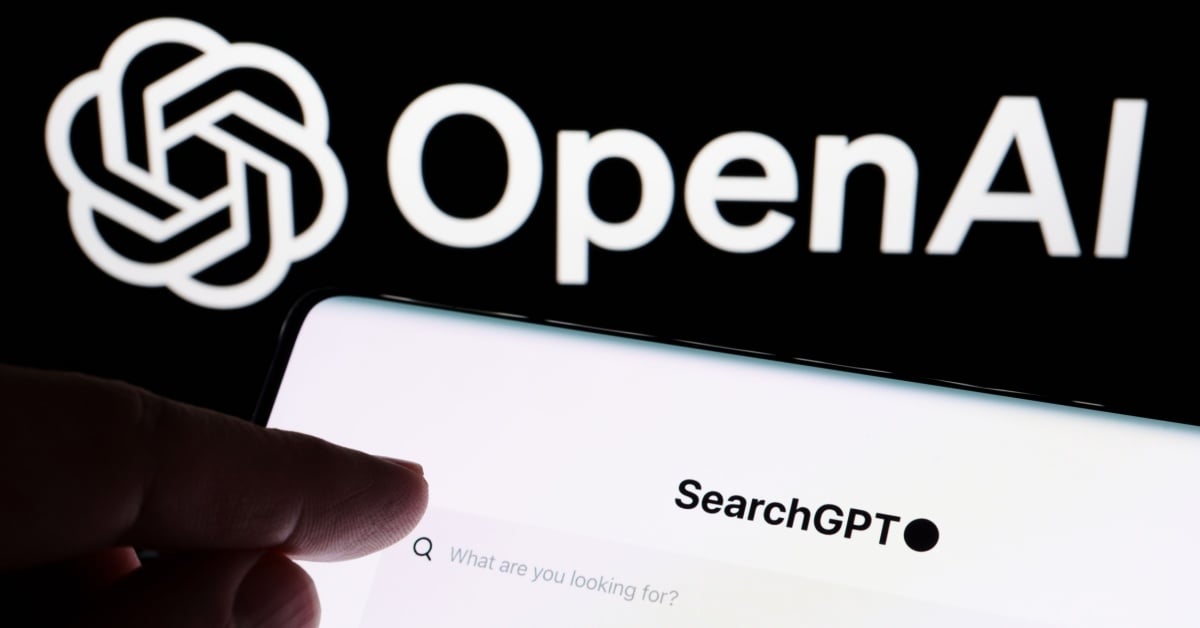












































































































































![[The AI Show Episode 145]: OpenAI Releases o3 and o4-mini, AI Is Causing “Quiet Layoffs,” Executive Order on Youth AI Education & GPT-4o’s Controversial Update](https://www.marketingaiinstitute.com/hubfs/ep%20145%20cover.png)











































































































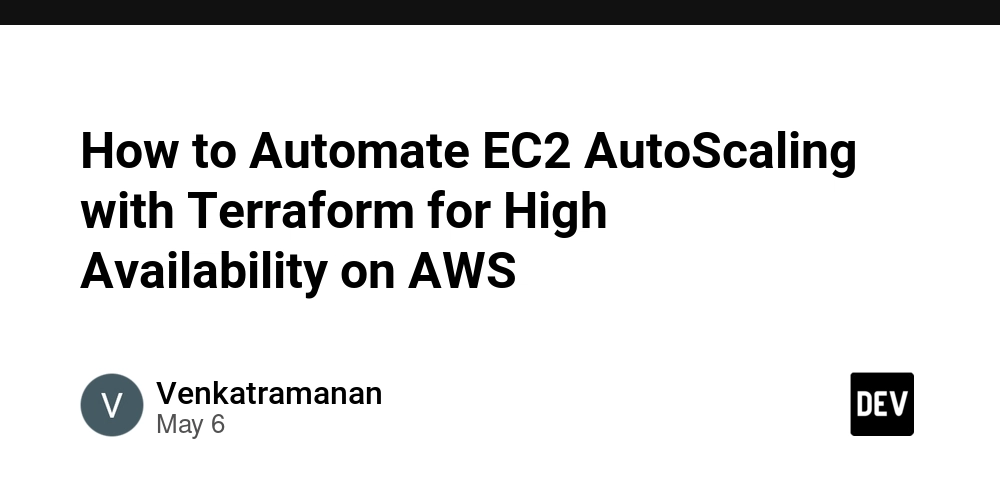
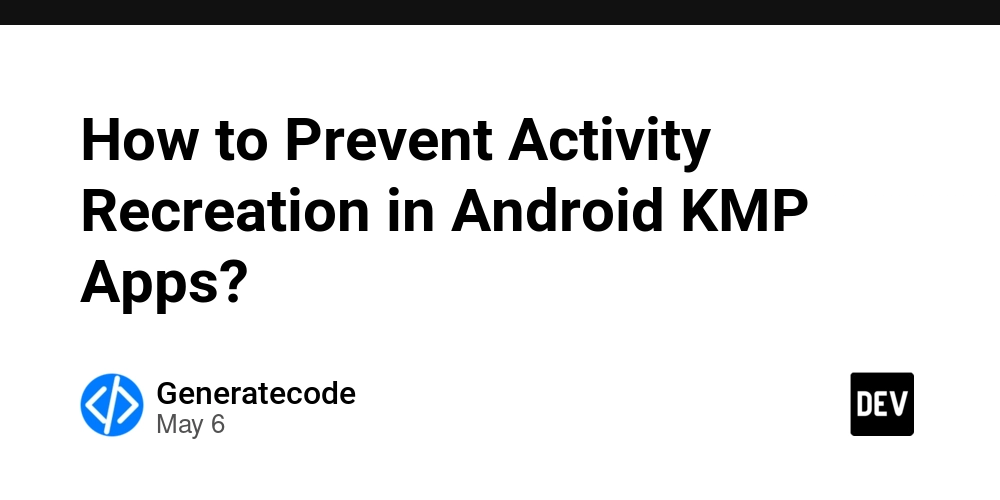




















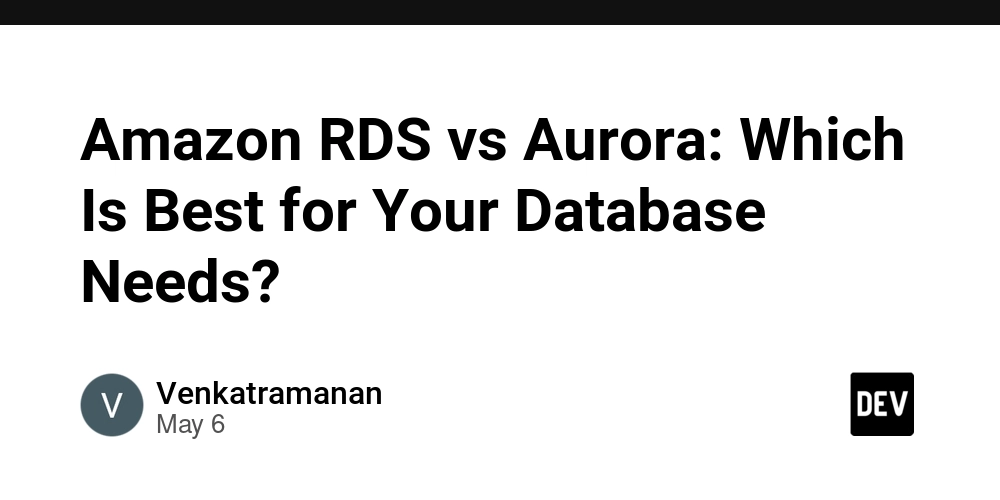
























































































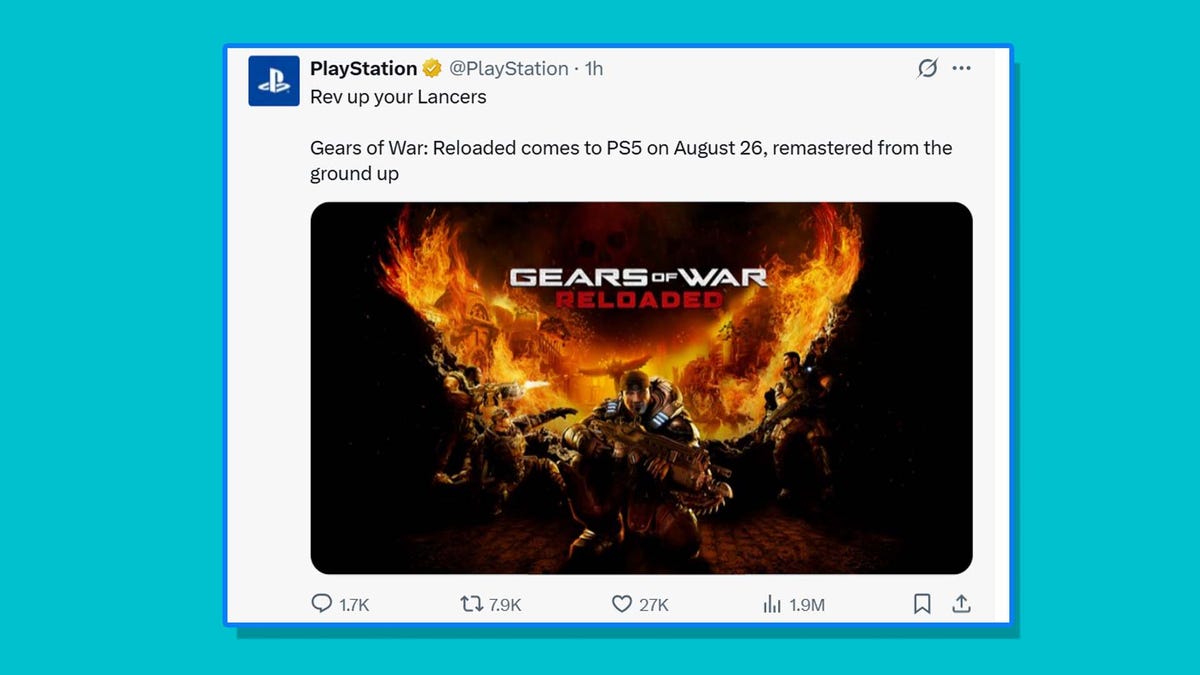






















-Assassin's-Creed-Shadows---How-to-Romance-Lady-Oichi-00-06-00.png?width=1920&height=1920&fit=bounds&quality=70&format=jpg&auto=webp#)






























 Stolen 884,000 Credit Card Details on 13 Million Clicks from Users Worldwide.webp?#)


















































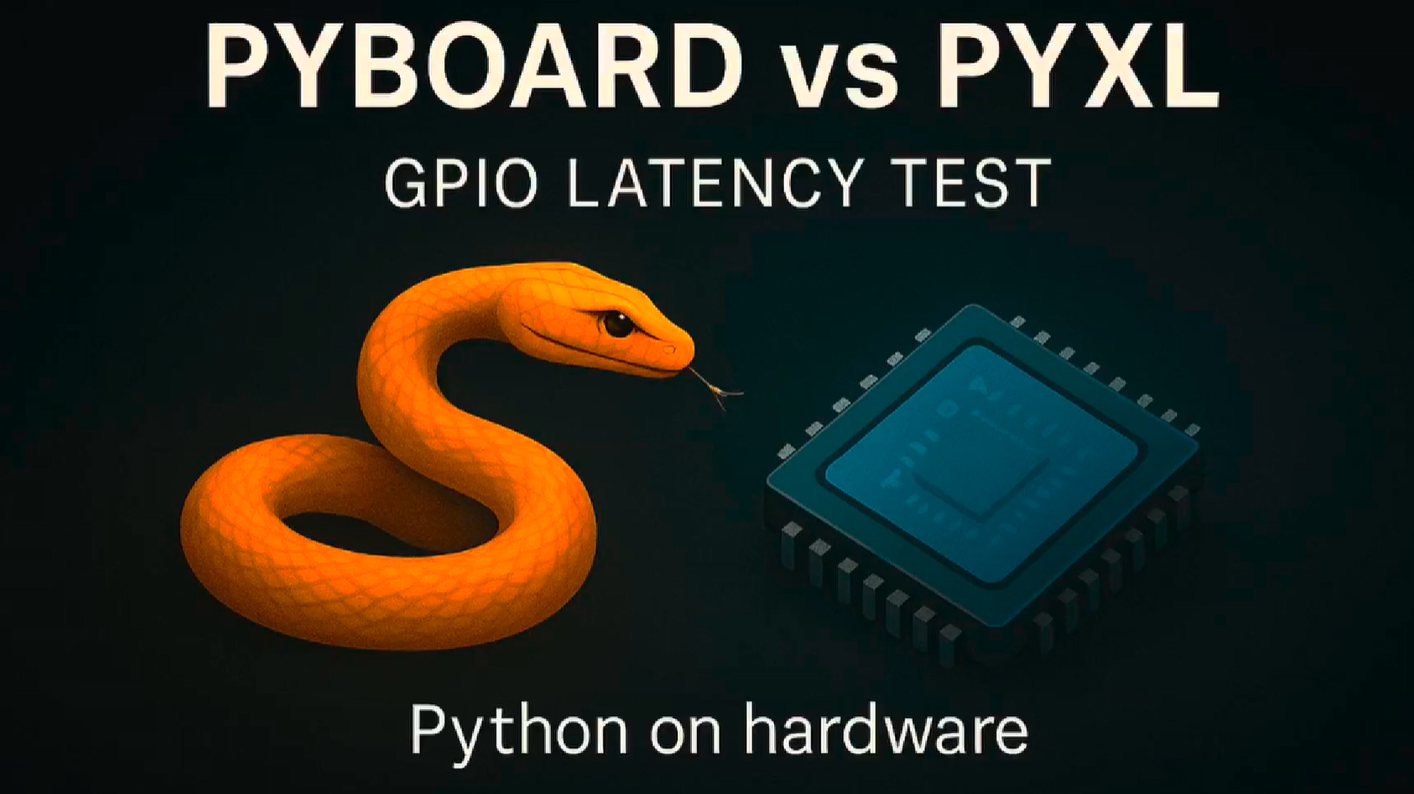





























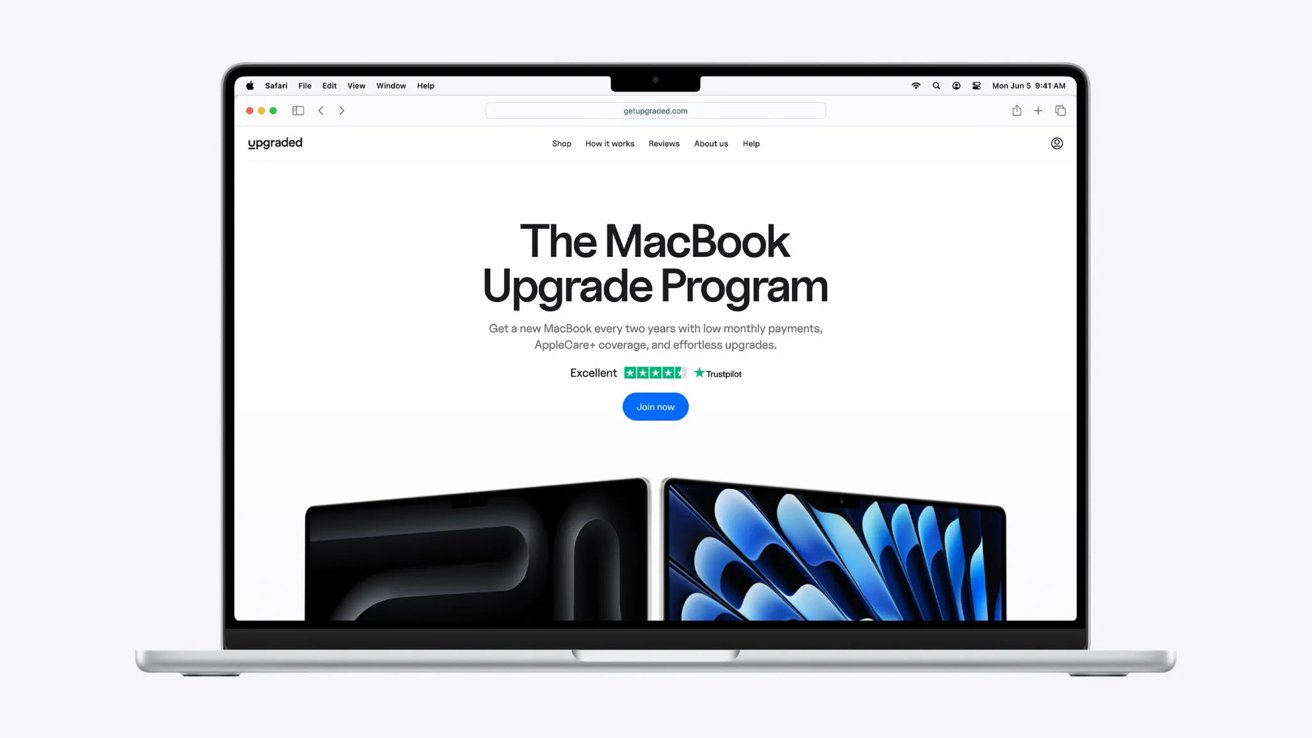







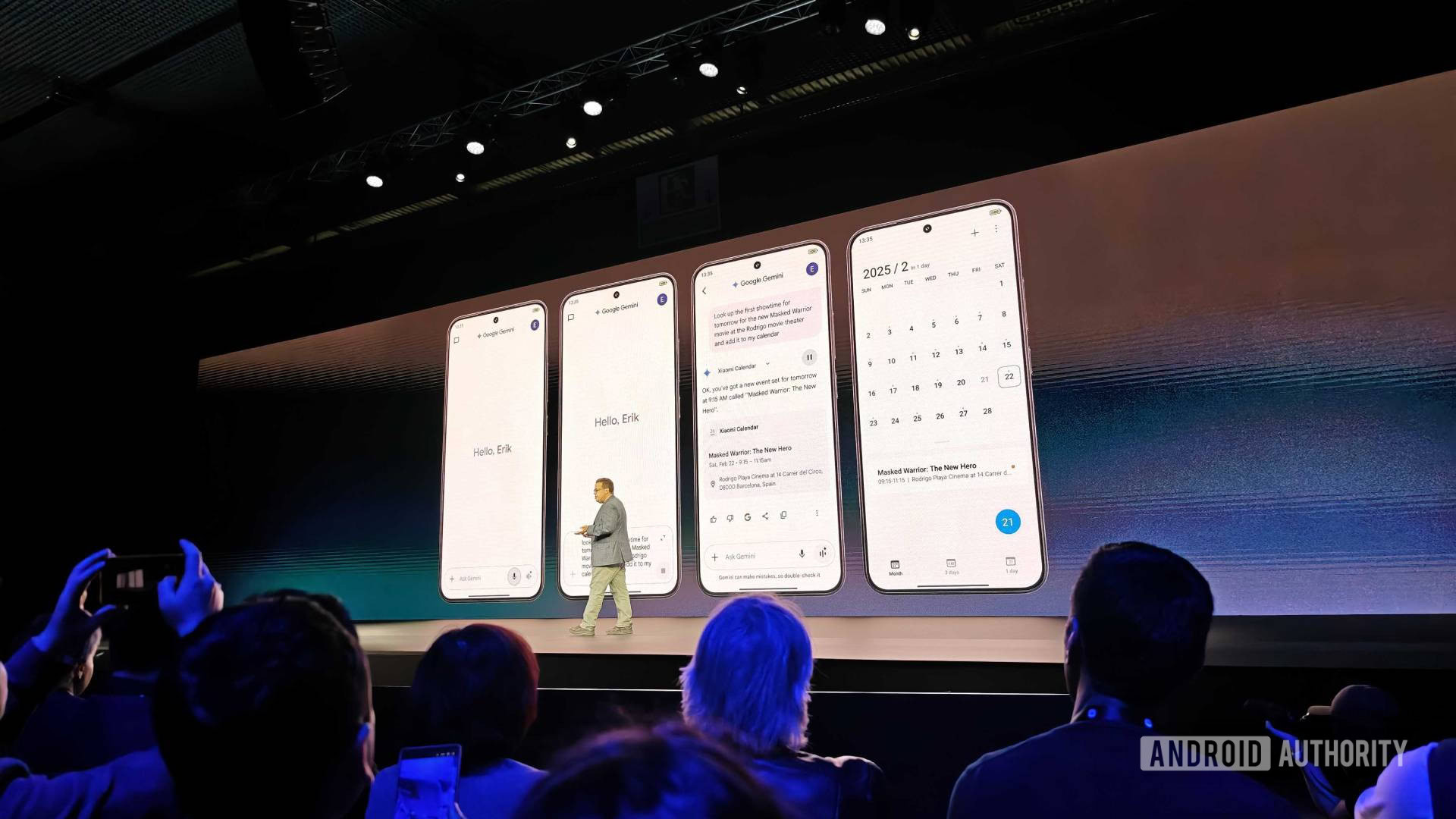




![Chrome 136 tones down some Dynamic Color on Android [U]](https://i0.wp.com/9to5google.com/wp-content/uploads/sites/4/2023/03/google-chrome-logo-4.jpg?resize=1200%2C628&quality=82&strip=all&ssl=1)











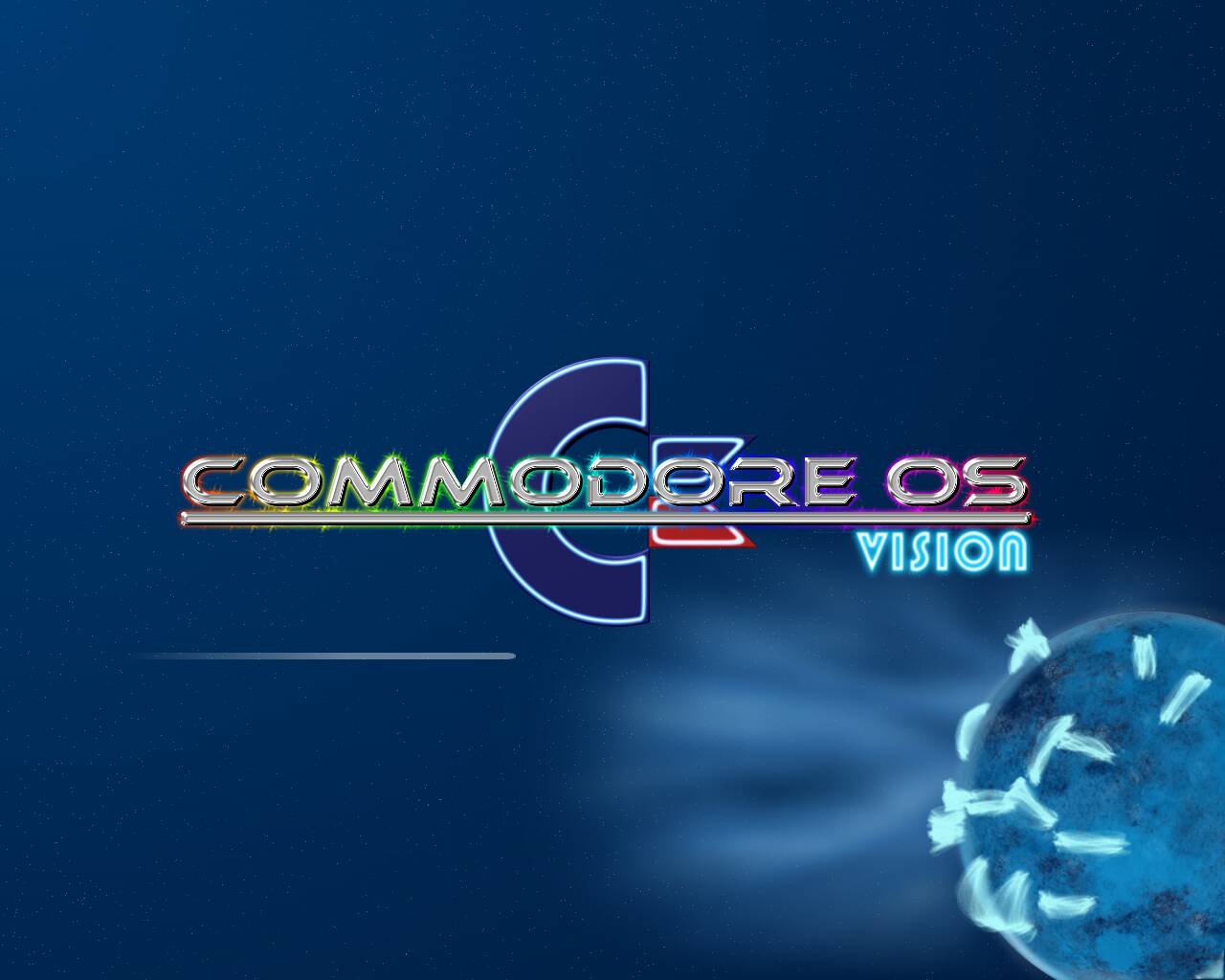



![Apple Shares Official Teaser for 'Highest 2 Lowest' Starring Denzel Washington [Video]](https://www.iclarified.com/images/news/97221/97221/97221-640.jpg)

![Under-Display Face ID Coming to iPhone 18 Pro and Pro Max [Rumor]](https://www.iclarified.com/images/news/97215/97215/97215-640.jpg)

















